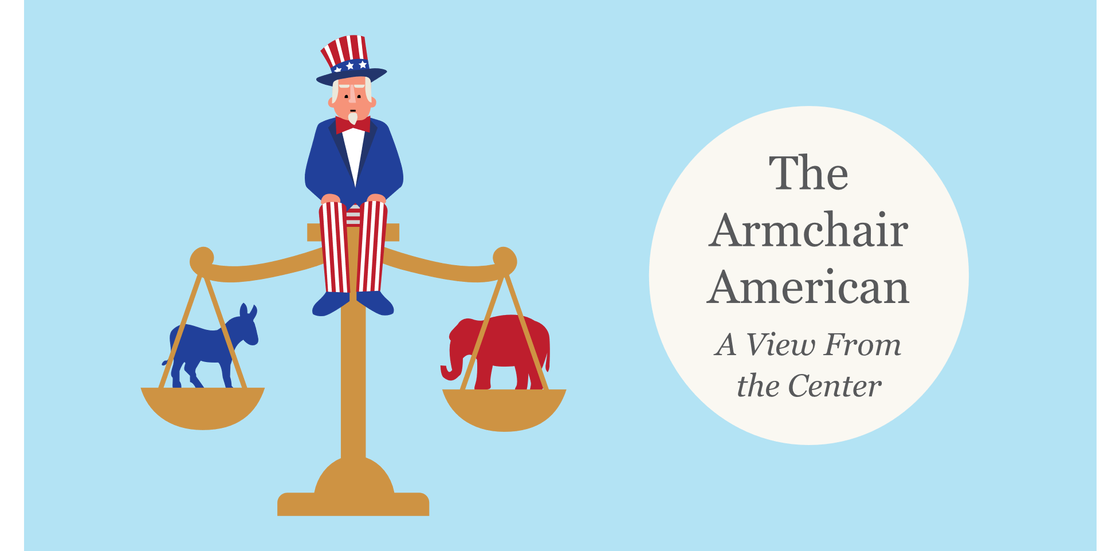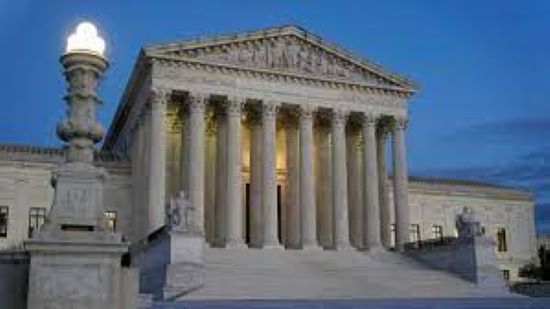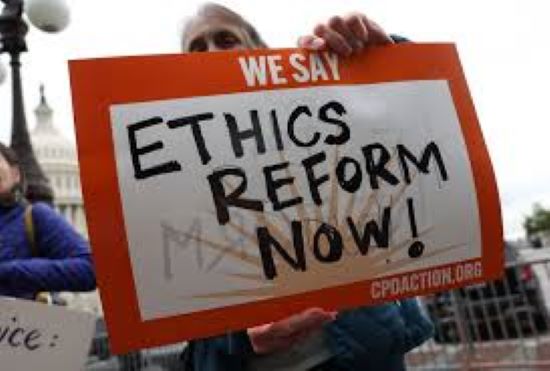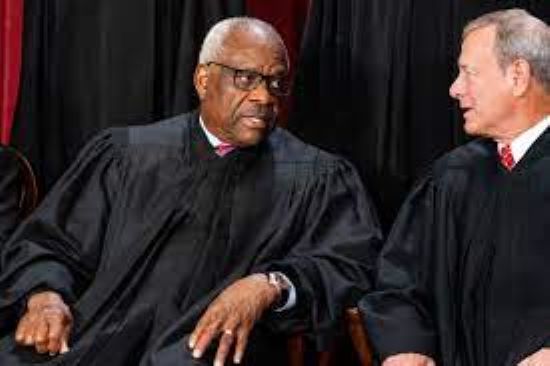|
As the highest court in the land, the United States Supreme Court plays a critical role in our constitutional form of government. It is independent of, but co-equal to Congress and the Executive Branch of our federal government. Without a deep commitment to the rule of law, and a belief that justice is truly equal under law, our system of government would collapse. The Supreme Court is the court of last resort for those seeking justice, and it protects the rights of citizens by striking down any law that violates the Constitution. Therefore, the Supreme Court must be seen as independent of outside influences, and it must adhere to the highest levels of transparency and ethical standards in rendering its decisions. Revelations in recent weeks of unreported gifts to Justice Clarence Thomas have raised questions by the American people and members of Congress about the integrity of the Supreme Court. ?In extensive reporting last month by ProPublica, it has come to light that Supreme Court Justice Clarence Thomas has for many years been the beneficiary of unreported gifts from Harlan Crow, a Texas billionaire with close ties to the Republican Party. These gifts included lavish international travel, real estate deals, and tuition payments made on behalf of Thomas’ grandnephew. Harlan Crow also funded a political group founded by Thomas’ wife which paid her a $120,000 salary. None of this has been disputed by Crow or Justice Thomas. On several occasions during his tenure at the Court, Clarence Thomas complained about the low pay for Supreme Court Justices, further fueling calls for Congressional investigations into his actions. Do these revelations about Justice Thomas represent possible conflicts of interest or unethical behavior? Possibly. But they don’t represent violations of any laws or codes of conduct applicable to the Supreme Court, and therein lies the problem. Calls for Change: On April 20th two senators introduced a bipartisan bill designed to force the Supreme Court to establish a code of ethics. Earlier this month the Democrat controlled Senate Judiciary Committee held hearings highlighting possible ethical lapses by Justice Clarence Thomas, and the need to adopt more transparency and clearly defined ethical standards. Chief Justice John G. Roberts Jr. declined an invitation to appear before the committee, citing issues related to the separation of powers and the importance of preserving judicial independence. It is no surprise that Republicans called the hearings a partisan attack on a conservative member of the Court, and promised to thwart any legislation that the Democrats put forth to constrain the Court in any way. Even though the hearings won’t produce any Congressional action, several Republican Senators, including Lindsey Graham of South Carolina, urged the Supreme Court to take actions to improve transparency and instill more public confidence. The Congressional hearings and public calls for the Supreme Court to be more transparent have not gone unnoticed by Chief Justice Roberts. In a rare written statement defending the Court, Roberts sent a letter to the chairman of the Senate Judiciary Committee which included a Statement on Ethics Principles and Practices signed by all nine Supreme Court Justices. The statement lists the statues and guidelines which the Court uses to address specific ethical issues. I applaud the Court for providing some of its principles and practices. But these are all voluntary guidelines and the Court is not compelled to follow them. The statement doesn’t address the apparent ethical issues surrounding gifts received by Justice Thomas. It is still unclear whether or not Chief Justice Roberts deems these gifts to be inappropriate, and if so, what corrective actions will be taken. What Can be Done? In 1973 The Code of Conduct for United States Judges was adopted by the Judicial Conference to promote public confidence in the integrity, independence, and impartiality of the federal judiciary. The Code governs the behavior of most federal judges, but it does not apply to the Justices of the Supreme Court. In fact, the Supreme Court is not bound by any formal code of conduct. There have been several attempts by Congress to impose a code of conduct on the Supreme Court, but most have run into legal problems. Separation of powers between the three branches of government prevents the Congress from mandating how the Court conducts its internal affairs. Even if the Congress was to pass legislation that directed the Court to adopt reforms, the Court could deem the legislation unconstitutional. What Should be Done? Even if Constitutional issues could be overcome, Congress is too polarized to pass any meaningful legislation that would impact the Supreme Court. The Supreme Court clearly has a credibility issue with the American people. It is not up to Congress to remedy this situation. It is the responsibility of Chief Justice Roberts, and his legacy depends on it. Here are two suggestions:
For the credibility of the Supreme Court, this should be done quickly and communicated to the American people. The Supreme Court is the only branch of the federal government that is unelected and unaccountable to the American people. Therefore, it must be above reproach and its actions and deliberations should be transparent. Unreported gifts to Justice Clarence Thomas have brought into question the integrity of the Court in recent weeks. The fallout from these revelations is of the Court’s own making, and only the Court can remedy the situation. Chief Justice Roberts must take clear and decisive action to preserve the integrity of the Court, otherwise our system of government could be in peril. Update November 13, 2023: The Supreme Court announced today that it had issued an ethics code for its justices. All nine justices signed on to the new rules.
It has been a long time coming, and is evidence that the Court is listening to the American people and the Congress. The code is not perfect, but it is certainly a step in the right direction. The main complaint against the new code is that it has no enforcement mechanism and is therefore toothless. It is doubtful that if the code had previously been in place, it would have curbed the behavior of Justice Thomas (outlined in the blog). Here is a link to the new code of ethics: https://www.supremecourt.gov/about/Code-of-Conduct-for-Justices_November_13_2023.pdf If you enjoy reading this type of commentary please subscribe to my blog and tell a friend. You will receive an email notification when new blogs are posted. The email will come from the site’s email: armchairamerican1776 @gmail.com. Thanks, Armchair American
0 Comments
Leave a Reply. |
AuthorThe Armchair American. Archives
November 2024
Categories
All
|









 RSS Feed
RSS Feed